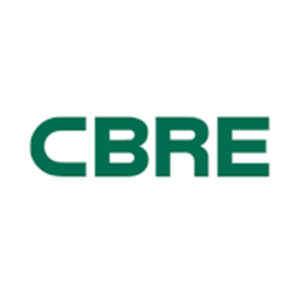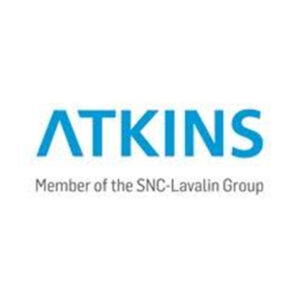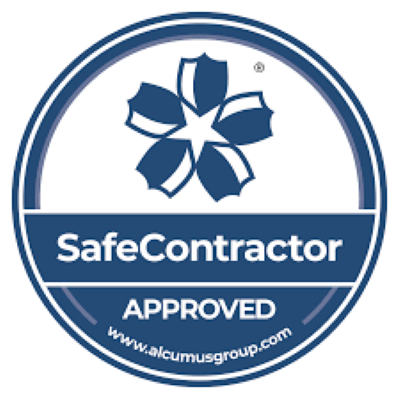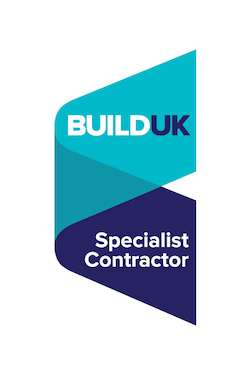Gas Safety Week 2021
Gas Safety Week is this week 16 – 22 September – an annual campaign designed to raise awareness of gas safety and the importance of taking care of your gas appliances. It is coordinated by the Gas Safe Register, the official list of gas engineers who are legally allowed to work on your gas appliances.
As well as encouraging the public to get their appliances checked at least once a year it is vital that anyone working in a commercial kitchen environment has their appliances checked too, a critical part of the general safety guidelines in running a commercial kitchen. Regularly serviced and maintained gas systems can prevent fires, the production of toxic carbon monoxide and even an explosion. Properly maintained gas systems ensure that staff have a safe and comfortable working environment. The relevant laws governing the use of cooking gas in commercial kitchens are the Provision and Use of Work Equipment Regulations and the Gas Safety (Installation and Use) Regulations 1998.
There are danger signs to look out for when using gas appliances – the presence of orange or yellow flames rather than blue flames is a warning that there is poor air circulation. If you notice soot or yellow/brown staining on or around appliances then it is important that you immediately conduct an inspection and schedule a proper cleaning session. A sign of malfunctioning gas appliances is when your pilot light frequently blows out, again, something that you should have inspected as quickly as possible. Finally, look out for increased condensation on the inside of your kitchen windows.
Your commercial kitchen gas equipment, gas hoses and appliances should only ever be installed, maintained, serviced and repaired by a Gas Safe registered engineer – you can find the right numbers to contact by visiting GasSafeRegister.co.uk. A gas safety engineer should inspect all of the gas appliances, safety devices, flues and pipework at set time intervals – an annual interval is highly recommended, or have a safety check carried out as per manufacturers guidelines. Gas leaks can have severe consequences and it is important that you have safety procedures visible for all employees to adhere to.
An emergency isolation valve (EIV) must be fitted in any commercial kitchen and must be accessible to all staff. In the absence of an EIV, an emergency stop button/control must be fitted with the gas systems. A safety notice must be displayed next to the Emergency Control button or the EIV – this means the gas supply can be switched off in case of an emergency. Every person who works within your commercial kitchen must have training on how to conduct a visual check and how to activate the emergency button should it be required.
Ventilation in your kitchen is imperative, gas appliances that generate fumes and heat must be fitted with canopy hoods, your canopy should be at least 2 meters from the ground floor and should extend at least 300mm beyond the edge of the appliances. Your ventilation system must be designed in such a way that there is an efficient removal of cooking fumes. Air vents in commercial kitchens should not be blocked, doors and windows are not considered part of the ventilation as they can be closed when the weather is bad.
You can read more in our previous blog, Commercial kitchen laws legislation and laws
Should you have to deal with a gas emergency – because sometimes, accidents will happen, make sure you take the following steps:
- Switch off all gas appliances via the EIV or emergency button.
- Isolate and eliminate potentially flammable materials and ignition sources.
- Evacuate the building and make sure everyone has left the building
- Carry out a headcount
- IMMEDIATELY notify the utility company
- Do not go back into the building to retrieve personal goods until the emergency services have said it is safe to do so
For information on Carbon monoxide and what you need to know please take a look at the following factsheet from the Gas Safe Register Carbon monoxide factsheet GSW21

























